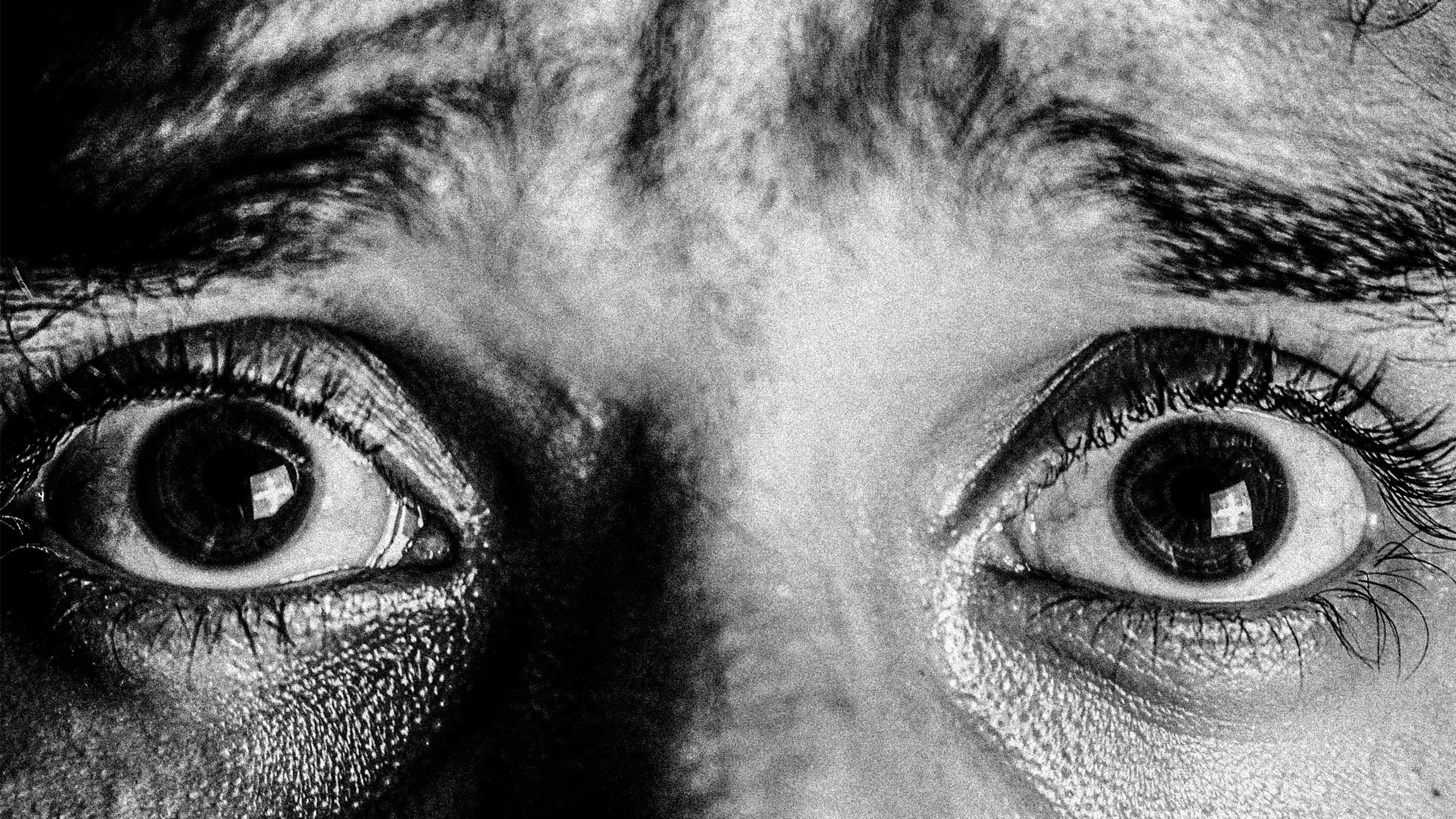Imagine you’re hiring for a key role at your company and your decision comes down to two top candidates. Their qualifications are largely similar, but their demeanors are not. One is cool as a cucumber, with eloquent speech and natural, relaxed body language. The other is occasionally at a loss for words and has a quiver in their voice when they speak. The first projects confidence; the second appears mildly anxious.
It seems like a straightforward decision, doesn’t it? Your gut tells you that the first, the confident one, can likely hit the ground running, and while the second one may have impressive credentials, they leave you with a feeling of unease. So, why give it a second thought?
Here’s why: The anxious candidate may actually prove more valuable to your company than their smoother counterpart.
There’s a scientific reason for this, and it has to do with the human brain—more specifically, the amygdala: the area of the brain that processes threats and fear. Dr. Abigail Marsh, a psychologist and professor of neuroscience at Georgetown, discovered that the capacity for altruism (helping others without any potential benefit for self) is mediated by the amygdala. The brains of people who are more altruistic have higher activation of the amygdala in response to other people’s fear. Not only do they experience more fear in regard to their own wellbeing, they are also more sensitive to threats to other people and, thus, more willing to help.
Enter people with anxiety. With their reactive amygdalas and high sensitivity to fear, anxious people are more likely to be altruistic, including in the workplace. They might be more helpful to their coworkers, create a supportive environment, and enhance synergies and teamwork—all critical for organizational success. There are other strengths associated with people with anxiety, too, including intelligence, creativity, and ability to focus when the unpredictable occurs. And anxiety disorders are common—so common, in fact, that an influential medical group recently recommended that all adults be screened for it—so chances are that a significant portion of your workforce is coping with them without you even noticing.
So, let’s return to our original scenario. Okay, so maybe you’re coming around to the idea that the anxious person you interviewed is a stronger candidate than you’d originally thought. But what about the confident one? Surely they bring their own competing strengths, don’t they?
Maybe, maybe not. Once again, the workings of the amygdala can offer clues as to why the confident candidate may not be as promising as they appear. If a candidate’s confidence stems from the fact that they have lower sensitivity to fear, low amygdala reactivity may be the reason. Unfortunately, low amygdala reactivity in response to other people’s fear is statistically correlated to proactive aggression. This type of aggression is not uncommon in many workplaces and manifests as bullying, threats, inappropriate assertion of power, and more.
Some people have such low amygdala reactivity that it may contribute to psychopathic behavior. And for all the harm caused by psychopaths in society at large, many are on the fast track to success in the workplace, thanks in part to the confidence they project. Research suggests that up to 21%—yes, more than 1 in 5—of people in the upper echelons of the corporate world exhibit psychopathic traits.
In his research, forensic psychologist Nathan Brooks discusses the phenomenon of the “successful psychopath” in the wake of the 2008 Global Financial Crisis. The term refers to successful highfliers who exhibit psychopathic traits including egocentrism, charming insincerity, and lack of empathy or remorse. (It’s also interesting to note that psychopathic tendencies are twice as likely in men than women, while at the same time anxiety is twice as prevalent in women versus men. This might be yet another contributing factor to the lower number of women in leadership.)
Now, we’re not suggesting that every self-possessed candidate who walks through your door is a psychopath. Nor are we arguing that every anxious one promises to deliver your organization to certain greatness. But it should be clear that the choice between a confident candidate and an anxious one isn’t as simple as it may appear. By viewing anxiety as a weakness, we are systematically locking competent, empathetic people out of organizations and prominent roles while inadvertently promoting self-serving narcissists. Education, awareness, and a change of mindset could remedy that mistake and end this dangerous corporate trend. It’s about time we give anxious people the fair shake they deserve . . . and, in doing so, give organizations a chance to thrive through their contributions and leadership.
Tia Katz is the founder and CEO at HU-X, an executive coaching consultancy. Shivani Shah is a researcher at the company and a PhD candidate in industrial/organizational psychology at CUNY’s Graduate Center.
Recognize your brand’s excellence by applying to this year’s Brands That Matter Awards before the final deadline, June 7.
Sign up for Brands That Matter notifications here.
